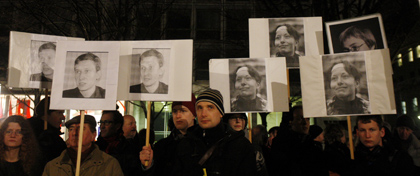
Trial upcoming for two suspects in Moscow double murder
In an encouraging ruling last week, the Basmanny District Court in Moscow ordered that two suspects in the January 2009 double murder of Novaya Gazeta reporter Anastasiya Baburova and human rights lawyer Stanislav Markelov be kept in custody pending trial.
Beat censorship by hiding secret messages in Flickr photos
Georgia Tech researchers have developed a tool called Collage that will allow Internet dissidents to insert hidden messages into Twitter posts and Flickr images in order to circumvent the censorship measures imposed by oppressive governments. The details of this technique (which you can find in Georgia Tech’s netops website) contain some detailed thinking about how…
Ian Bicking: a blog :: Surveillance, Security, Privacy, Politics
Occasionally, one stumbles on a piece that isn’t absolutely germane to the areas one covers, but makes you think. Ian Bicking (a well-known developer at Mozilla, the non-profit that makes the Firefox browser) explicitly says his ponderings about the nature of online security and privacy aren’t about China or other explicitly free-speech-unfriendly regimes, but it’s…

What’s new on the CPJ Blog
You may have noticed a few changes we’ve made to the CPJ Blog recently. Here’s what’s new (with much thanks to our Web developer, John Emerson): Our bylines are now clickable. You can see a staffer’s (or guest blogger’s) entries on one page by clicking, giving you an overview of blogs written by, say, Bob Dietz,…
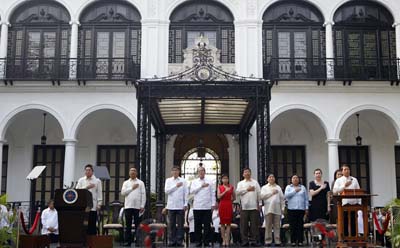
Despite fatal shootout, Philippines officials meet with CPJ
About 18 hours after eight hostages and the gunmen holding them in a tourist bus were killed in a shootout with police in the heart of Manila, officials broke away from the demands of the moment to meet with a CPJ delegation in the president’s offices at Malacañang Palace. Justice Secretary Leila de Lima was…
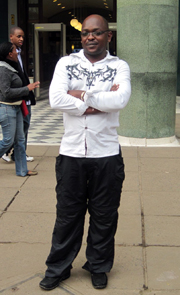
A lesson for South African media: Look to Kenya
The chorus of voices opposing the South African government’s proposed Protection of Information Bill and state-backed ombudsman continue to grow. South Africa’s Business Day estimates the press produces three articles per day opposing what many journalists see as an attempt by the ruling party to muzzle investigative reporting. More than 30 editors from major papers published protest messages…
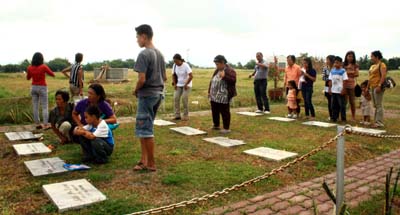
From grief of Maguindanao, a ‘family’ emerges
Today marks nine months since the Maguindanao massacre, the deadliest event for the press that CPJ has ever recorded. On November 23, 2009, at 10 a.m., a convoy traveling to the provincial capital of Shariff Aquak to file gubernatorial candidacy papers stopped at what appeared to be a routine military checkpoint. Hours later, authorities would…
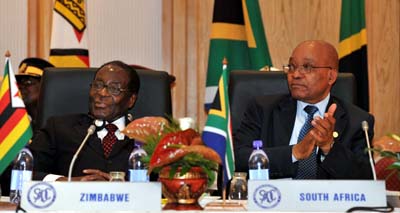
ANC plans taint Southern Africa’s press freedom leader
As heads of state gathered last week at the summit of the Southern African Development Community, or SADC, in Namibia, their discussions were dominated by the progress of Zimbabwe’s precarious power-sharing political agreement, which includes pledges to address a repressive media environment. Leading the mediation in the Zimbabwean crisis has been neighboring South Africa, which…
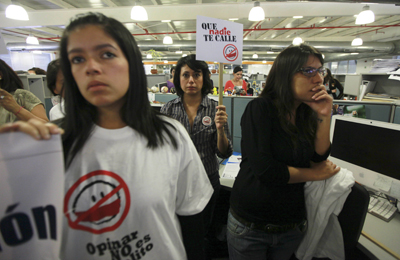
Venezuelan censorship over morgue photos is selective
A controversial ruling by a Venezuelan court banning print media from publishing images of violence was partially reversed on Thursday following an international outcry from media, rights groups, and United Nations and Organization of American States officials.
Analysing Tunisia’s Net censorship
Obviously all of these assumptions are mere speculations. This is an effort on our part to try to better understand one of the most secretive system of repression in Tunisia and to help demystify its processes. And obviously, we invite anyone with further information to make them public, and a fortiori, it may be that…